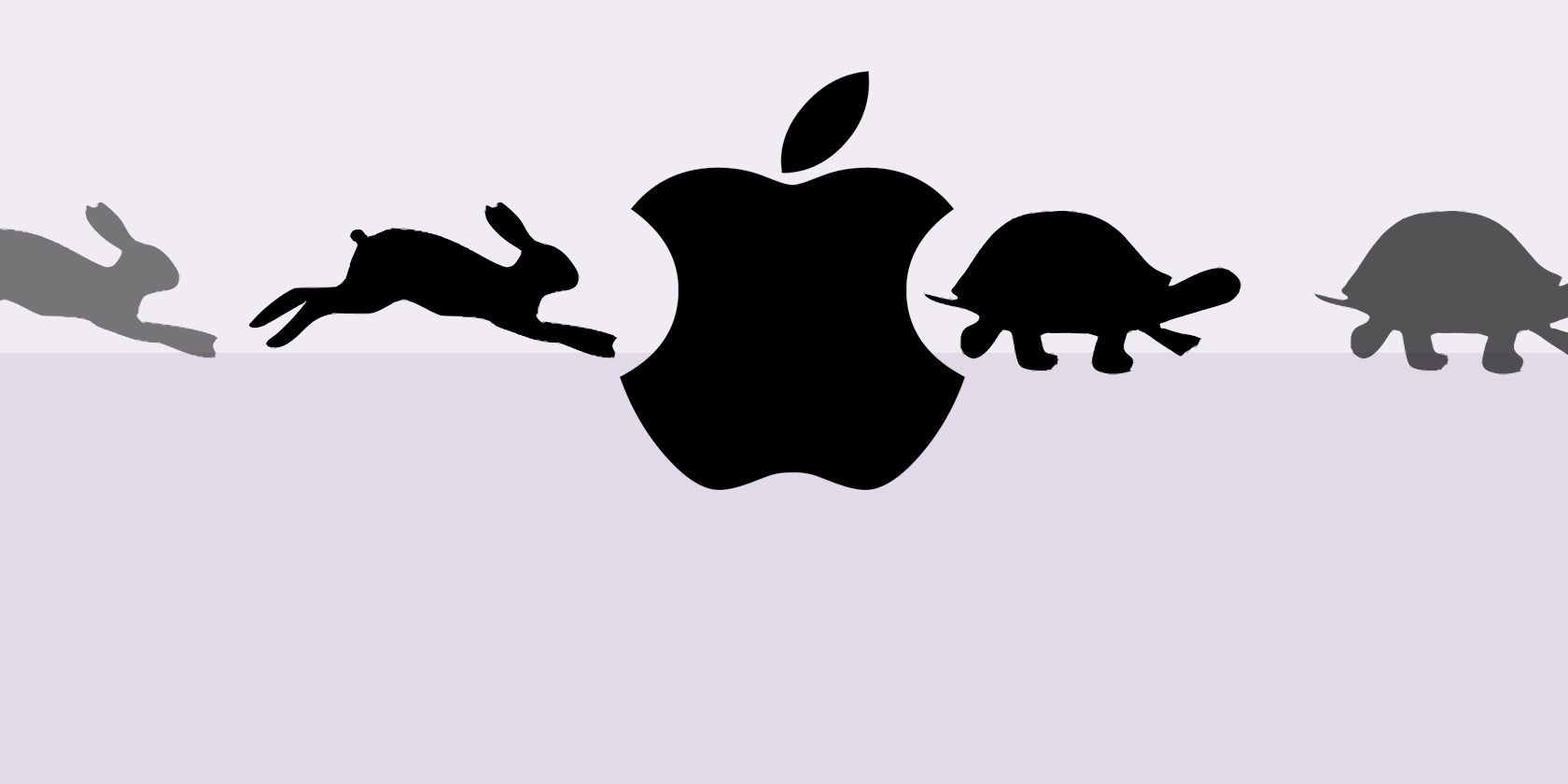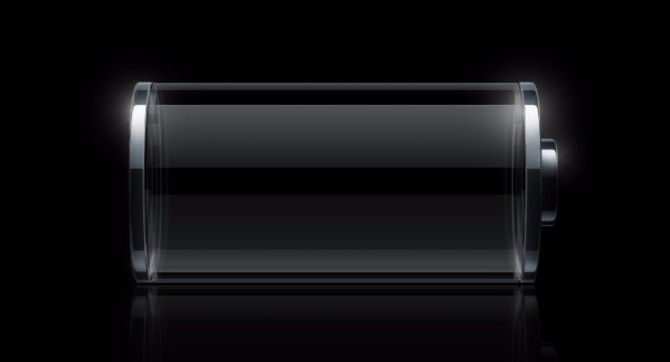Apple has finally confirmed what more and more people are thinking: It is deliberately slowing down the processors of older iPhones after the new one was released. But before you bring out your pitchforks, read more to know the full story and whether you're affected.
It all started with a viral Reddit post that showed lower CPU performance than advertised. Performance analysis app Geekbench collected data from several iPhones, which showed it is a recurring pattern with older models. Finally, Apple had to break its silence on this subject and confess.
Why Does Apple Slow Down Old iPhones?
Apple's logic for this move revolves around your battery. iPhones use lithium-ion batteries. These batteries deteriorate with age and thus cannot supply "peak current demands," according to Apple. In layman's terms, when the iPhone's processor needs to perform at full-speed, the battery can't give it enough power to do that.
By slowing down the processor, the battery can meet the processor's demands. But yeah, your phone will now be slower than what it was when you bought it. The idea is to keep your phone functional, rather than having it shut down unexpectedly.
Apple says older iPhones were shutting down at peak performance usage, since the battery's voltage couldn't keep up. It's sad that Apple has to do this, but lithium-ion batteries do pose such problems.
But what's not sad -- and is in fact is a ridiculous move -- is that the company has the gall to call this a "feature" in its statement.
Which iPhones Is Apple Slowing Down?
So far, Apple says it has slowed down the processors for:
- iPhone 7
- iPhone 6s Plus
- iPhone 6s
- iPhone 6
- iPhone SE
And yes, Apple says it plans to add support for this "feature" to future models as well. So iPhone 7 Plus, iPhone 8, and iPhone 8 Plus users should keep an eye out.
How to Know If Apple Is Slowing Down Your iPhone
Do you think your phone is among those that Apple has slowed down due to battery issues? Here's how you can tell.
- Download: Geekbench ($0.99) or CPU Dasher X ($0.99) from the App Store on your iPhone.
- Run the app's test once.
- Check the CPU Frequency to know if it's lower than the advertised frequency it should be at.
Specifically, here's what each phone's clock speed should be at:
- iPhone 7: 2350 MHz
- iPhone 6s Plus: 1848 MHz
- iPhone 6s: 1848 MHz
- iPhone 6: 1400 MHz
- iPhone SE: 1848 MHz
If the result you see is more than 10% lower, then there's a good chance that Apple is throttling your iPhone processor.
What Apple Isn't Saying
Apple wasn't transparent with its customers about what it was doing. Several customers have upgraded to new versions of iPhones when their handset started slowing down. In fact, Apple is now facing some 26 lawsuits as their move may have led to "misguided attempts to resolve the issue."
One of the lawsuits contends that instead of the claimed "feature" by Apple, this is an attempt to hide a defect: specifically, the battery's inability.
The big thing Apple hid was the fact that you could replace your battery instead of buying a new iPhone. Yup, instead the big costs of a new iPhone, changing your battery could have solved the whole thing.
"Users expect either full performance, or reduced performance with a notification that their phone is in low-power mode," says John Poole of Geekbench. "This fix creates a third, unexpected state… (it) will also cause users to think, 'my phone is slow so I should replace it' not, 'my phone is slow so I should replace its battery'."
How to Fix Old iPhone Slowing Down
These lawsuits are going to take a lot of time. So right now, if you have one an iPhone that was slowed down, what can you do to fix it? Here are your best options:
- If your iPhone is still under warranty, get the battery replaced for free. AppleCare+ helps tremendously here.
- If your iPhone isn't under warranty, you can still get the battery replaced for roughly $80 at an Apple repair center. Please weigh your options carefully first. Sometimes, upgrading to a new iPhone might be a better choice.
- If your iPhone isn't under warranty, consider replacing the battery yourself for as little as $25.
But be warned, this can mess up here your iPhone beyond repair, so we don't advise DIY iPhone repairs unless you're sure of what you're doing.
There's also the chance that your phone isn't slow because of Apple's meddling. Again, you can check if Apple has throttled the processor with the aforementioned method. If Apple hasn't, then something else is the problem.
In such a case, the good old method of "backup and restore" is your best bet. It might just be a rogue service like what Michael Glenn faced, or an app not playing nicely with an update.
Does Apple Slow Down Old iPhones to Make You Buy the New iPhone?
That leads us to the big betrayal here. Conspiracy theorists have long said that Apple slows down old phones when a new iPhone is launched. Since your old iPhone feels slow, you feel like buying the new model will solve all your issues.
It's important to note that none of the experts, nor Apple, say this so far. Apple is guilty of lack of transparency. But it would be unfair to say this was malicious behaviour to trick you into buying a new iPhone.
Bottom line: Apple is being an idiot, it's not evil.
Is Apple Wrong?
As with all things Apple, the internet is already split up on whether the actions are right or not. Some think the company was put in a no-win situation, others are baying for their blood.
Do you think Apple is wrong about slowing down old iPhones? Should it at least inform users about it, and tell them that a battery replacement can fix the problem?


